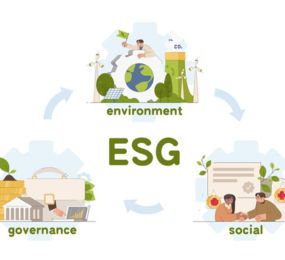Carbon neutrality pledges have emerged as a critical strategy for organizations seeking to address their carbon footprint and combat climate change. By committing to achieve net-zero emissions, companies and governments pledge to balance their carbon emissions with carbon removal or offsetting measures, thereby mitigating their contribution to global warming.
These pledges signal a growing recognition of the urgent need to transition to a low-carbon economy and mitigate the impacts of climate change. Companies across industries are setting ambitious carbon reduction targets, investing in renewable energy sources, and adopting sustainable practices to reduce their environmental footprint and achieve carbon neutrality.
However, achieving carbon neutrality is not without its challenges. One of the primary obstacles is the complexity of measuring and monitoring emissions across the entire value chain. Companies must accurately quantify their carbon footprint, identify emission hotspots, and implement strategies to reduce emissions across all aspects of their operations, from manufacturing and transportation to supply chains and product lifecycle.
Another challenge is the reliance on fossil fuels in certain industries and regions. Transitioning to renewable energy sources is essential for achieving carbon neutrality, but the availability and affordability of renewable energy may vary depending on geographic location and infrastructure development.
Additionally, carbon offsetting – the practice of investing in projects that remove or sequester carbon dioxide from the atmosphere – presents both opportunities and challenges. While carbon offsetting can help companies achieve net-zero emissions, it is not a substitute for reducing emissions at the source. Moreover, the effectiveness and integrity of carbon offset projects must be carefully assessed to ensure they deliver meaningful climate benefits.
Carbon neutrality pledges represent a crucial step towards addressing climate change, but achieving net-zero emissions requires concerted efforts and collaboration across sectors. By setting ambitious carbon reduction targets, investing in renewable energy, and implementing sustainable practices, companies can play a significant role in mitigating the impacts of climate change and building a more sustainable future for generations to come.
To register or learn more about the Forum please check here: https://www.leadventgrp.com/events/world-esg-and-climate-summit/details
For more information and group participation, contact us: [email protected]
















